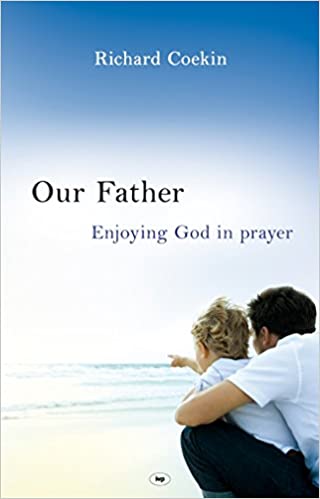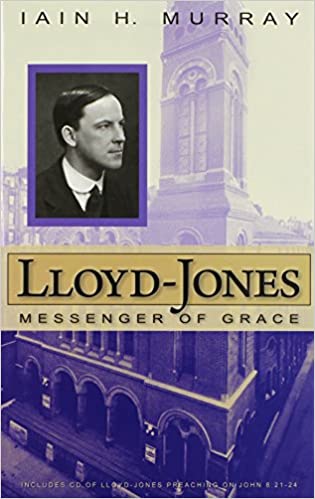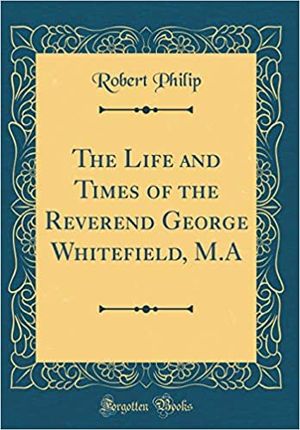The rector had fallen out with his wife Susanna. She would not say ‘Amen’ at the end of family prayers when he prayed for William III. Her sympathies were Jacobite.
Even though a large family needed his support, off went Rev. Samuel Wesley in a huff to London, vowing never again to have anything to do with his wife. He stayed in the capital for a year until March 1702 when the king died.
Both Samuel and Susanna agreed on Queen Anne’s entitlement to the throne, so conjugal unity was restored with a united ‘Amen’ in the rectory at Epworth. Just as well; otherwise John Wesley would not have been born on 17 June 1703, nor would Charles Wesley in 1707. Upon such changing moods, and seemingly capricious events, the future spiritual welfare of our nation has depended.
Overarching providence
But this 300th anniversary of the birth of John Wesley reminds us of our dependence upon the overarching providence of God.
The history of our nation might have been very different had not the young John, aged five, been plucked ‘as a brand from the burning’ when fire engulfed and destroyed the Epworth rectory in February 1709. God had purposes of grace for the child – and for our nation – in his deliverance.
Despite having nonconformist backgrounds, both Samuel and Susanna were High Church in their convictions and practice. The High Churchman believed that grace is sacramentally conveyed, and consequently placed considerable emphasis upon the priestly rituals of the semi-Reformed national church.
In addition, he thought of good works as contributory to salvation. These ideals John Wesley took with him to Oxford where he excelled in his studies.
Holy Club
What was soon dubbed ‘the Holy Club’ at the University was formed on the initiative of Charles Wesley in 1729. It gave John, now a Fellow at Lincoln College, the opportunity to lead a group of men intent on pleasing God and securing salvation through their religious practice.
By linking salvation to admirable good works, such as visiting prisoners and assisting the poor, they engaged in an impossible and frustrating endeavour. Needless to say, such unobtainable ideals denied them any assurance of salvation.
With these ideals, John and his brother Charles sailed to Georgia in the autumn of 1735 to evangelise the American Indians. On the boat John was impressed by a group of Moravian Christians, who possessed great peace and confidence in God during a terrible storm, when his own heart was full of fear.
Vain words
On arriving in Georgia, he met one of their leaders, August Spangenberg, who asked him, ‘Do you know Jesus Christ?’ John said that he knew he was the Saviour of the world.
‘True’, rejoined Spangenberg, ‘but do you know he has saved you?’ Wesley answered, ‘I hope he has died to save me’. To this Spangenberg replied, ‘Do you know yourself?’
Wesley weakly responded, ‘I do’. But he later confessed: ‘I fear they were vain words’, for he had no such confidence. Nor was he able to convey any to the colonialists in Georgia to whom he ministered.
John Wesley returned to England, dejected and disillusioned. Landing at Deal on 1 February 1738 he commented, ‘I, who went to America to convert the heathen was never myself converted to God’.
Of one thing we can be fairly certain about the ensuing events. The celebrated ‘heart warming’ experience in the Moravian meeting house in Aldersgate Street, London, on 24 May 1738, was not the day of Wesley’s conversion, as has been widely affirmed.
He was brought to saving faith in Christ through long conversations with Peter Böhler, the Moravian, following his arrival back in England.
Assurance
His problem before his Aldersgate Street experience was one with which many sincere believers are familiar. He was plagued by personal doubt and uncertainty about himself.
He recorded what he experienced in the Moravian meeting as follows:
‘In the evening, I went very unwillingly to a society in Aldersgate Street, where one was reading Luther’s preface to the Epistle to the Romans. About a quarter before nine, while he was describing the change which God works in the heart through faith in Christ, I felt my heart strangely warmed.
‘I felt I did trust in Christ, Christ alone for salvation; and an assurance was given me that he had taken away my sins, even mine, and saved me from the law of sin and death.’
What Wesley experienced that day was a deep and undeniable assurance of the forgiveness of his sins by a direct witness of the Holy Spirit (cf. Romans 8:16). And this is how he understood it. If such an experience were conversion, we would be obliged to say that many true believers are mistaken, and have not yet been converted.
Conversion
Wesley never claimed the Aldersgate experience as his conversion. If conversion is the result of true repentance and true faith in the Lord Jesus Christ and his atoning death, as we believe it is, then John Wesley had been converted several weeks before this event.
It happened when he ceased to trust in his own good works for salvation and placed his confidence in the righteousness and death of the Lord Jesus Christ on his behalf.
Not only had he already come to this persuasion – he had already begun to preach justification by faith alone, and numbers had been converted through his preaching. He had no doubts about the sufficiency of Christ’s saving work – his uncertainties were subjective.
The Aldersgate experience resolved most of these problems, and gave him an assurance that his sins had indeed been forgiven.
One reason, apart from Methodist tradition, why many are reluctant to think that John Wesley was already a converted man when he went to Aldersgate Street, is that they do not want to admit to any radical spiritual experience subsequent to conversion.
They are reluctant to entertain any suggestion that what Wesley then experienced could appropriately be described as a ‘baptism’ or direct witness of the Spirit. On New Year’s Day 1739, Wesley and his associates experienced a further baptism of power.
Deep experiences
The over-formulation of such experiences is to be avoided, but their reality is undeniable except to those who have never had them.
It is not without significance that almost all the preachers God has raised up as his instruments in revivals have testified to similar deep experiences of the Holy Spirit’s power upon them.
What Wesley experienced in Aldersgate Street was part of the preparatory work of God in the lives of a number of men who were to be used by him in the Evangelical Revival – which was to have such an impact on the character of our nation in the eighteenth century.
Nothing now could hold John Wesley back from his God-given call to preach the evangelical gospel. But despite the fact that he was an ordained clergyman of the Church of England, parish churches began to close their doors against him.
At this point in his ministry the influence of his friend, George Whitefield, was formative. Having preached in the open air to vast crowds in London and Bristol, he urged Wesley to do likewise.
Mighty to save
But Wesley thought that preaching required ‘holy buildings’. ‘I should have thought the saving of souls almost a sin if it had not been done in a church’, he commented.
But Whitefield prevailed. And the sharp blue-eyed Oxford don ventured to lift up his voice – in a brickyard at Bristol, to about 3,000 people on 2 April 1739. He had caught the vision of ‘all the world as my parish’.
Whitefield left Bristol for America, but he had committed his work into the hands of Wesley, who preached extensively in the Bristol area with great effect. Many were offended at the gospel preaching, but others were broken down in deep repentance.
At a meeting house in Bristol, Wesley records, ‘my voice could scarce be heard amidst the groanings of some and the cries of others, calling aloud to him that is “mighty to save”.
‘I desired all that were sincere of heart to beseech with me the Prince exalted for us, that He would “proclaim deliverance to the captives”. And he soon showed that he heard our voice.
‘Many of those who had been long in darkness saw the dawn of a great light; and ten persons, as I afterwards found, then began to say in faith, “My Lord and my God”.’
In the revival which was already affecting different parts of the land, John Wesley’s
marathon labours had begun.














